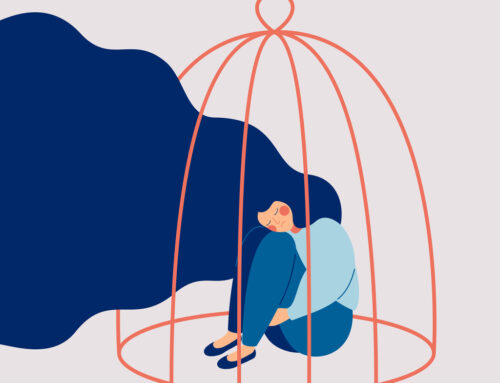You spend a lot of money to celebrate a marriage, and now some people are spending a bit more celebrating the end of their marriage.
While divorce may be the best answer for everyone in the family, some of our clients express a sense of loss and sorrow, even when they initiated the separation. Hardly surprising, as most marriages involve years of your life, children and some wonderful memories. Divorce ceremonies enable you to acknowledge the good times in the past, to embrace your new status and the finality of the separation and confirm your continuing love for your children and reassure them that the divorce is not their fault.
The Australian Institute of Health and Welfare statistics are that life expectancy has increased from 47.2 years in for men born in 1890 to 80.1 years for men born in 2013 and for women from 50.8 years to 84.3 years in the same period. It is clear that marriages, if they were to be for life, have become much longer.
So maybe it’s not so surprising that people need change and necessitate the end of a marriage. Maybe it’s not a failure but form a progress. Americans have coined the phrase ‘conscious uncoupling’ to indicate a way of resolving separation positively.
Collaborative law also focuses on resolving family law separation issues in a way that meets the needs of all the parties and enables everyone to move forward in a positive way.
I’ve been reading a book recently by Rebecca Solnit with the charming title ‘A Field Guide to Getting Lost’. She writes
‘Lost really has two disparate meanings. Losing things is about the familiar falling away, getting lost is about the unfamiliar appearing. There are objects and people that disappear from your sight or knowledge or possession; you lose a bracelet, a friend, the key. You still know where you are. Everything is familiar except that there is one item less, one missing element. Or you get lost, in which case the world has become larger than your knowledge of it. Either way, there is a loss of control. Imagine yourself streaming through time shedding gloves, umbrellas, wrenches, books, friends, homes, names. This is what the view looks like if you take a rear-facing seat on the train. Looking forward you constantly acquire moments of arrival, moments of realization, moments of discovery. The wind blows your hair back and you are greeted by what you have never seen before. The material falls away in onrushing experience. It peels off like skin from a molting snake. Of course to forget the past is to lose the sense of loss that is also memory of an absent richness and a set of clues to navigate the present by; the art is not one of forgetting but letting go. And when everything else is gone, you can be rich in loss.’
If we can assist you with your family law matter please contact us to arrange an appointment with one of our solicitors.






